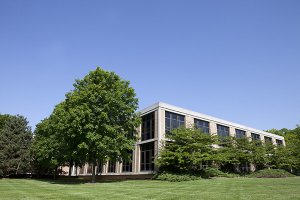
Join us for a seminar on "Small Bodies, Large Impacts: How Missions to Asteroids Can Inform the Formation and Evolution of the Solar System," presented by Dr. Yun Zhang, a postdoctoral researcher at the University of Maryland Department of Aerospace Engineering.
Small bodies are among the best tracers of our Solar System’s history. A large number of space missions to small bodies (past and future) offer a unique opportunity to use these bodies as a natural laboratory to study the different processes that drive their formation and evolution, which are connected to the origin, evolution, and current architecture of the Solar System. Images of small bodies sent by spacecraft have revealed unexpectedly rich and complex surface features, including craters of various sizes and depths, boulders of different sizes and morphologies, lineaments, signatures of landslides, terraces, and ridges. In this talk, I will first discuss the role of small-body science in understanding the Solar System evolution and the questions we need to address from space missions. I will then present the surface features of the targets of two recent asteroid sample-return missions, i.e., the NASA OSIRIS-REx and the JAXA Hayabusa2 missions, and elaborate how to derive the key information using both theoretical and computational methods to address these questions. I will conclude by highlighting fundamental physical mechanisms that play important roles in small-body surface processes and giving implications for the preparation of future space missions (e.g., the NASA DART and the JAXA MMX missions).
Small bodies are among the best tracers of our Solar System’s history. A large number of space missions to small bodies (past and future) offer a unique opportunity to use these bodies as a natural laboratory to study the different processes that drive their formation and evolution, which are connected to the origin, evolution, and current architecture of the Solar System. Images of small bodies sent by spacecraft have revealed unexpectedly rich and complex surface features, including craters of various sizes and depths, boulders of different sizes and morphologies, lineaments, signatures of landslides, terraces, and ridges. In this talk, I will first discuss the role of small-body science in understanding the Solar System evolution and the questions we need to address from space missions. I will then present the surface features of the targets of two recent asteroid sample-return missions, i.e., the NASA OSIRIS-REx and the JAXA Hayabusa2 missions, and elaborate how to derive the key information using both theoretical and computational methods to address these questions. I will conclude by highlighting fundamental physical mechanisms that play important roles in small-body surface processes and giving implications for the preparation of future space missions (e.g., the NASA DART and the JAXA MMX missions).